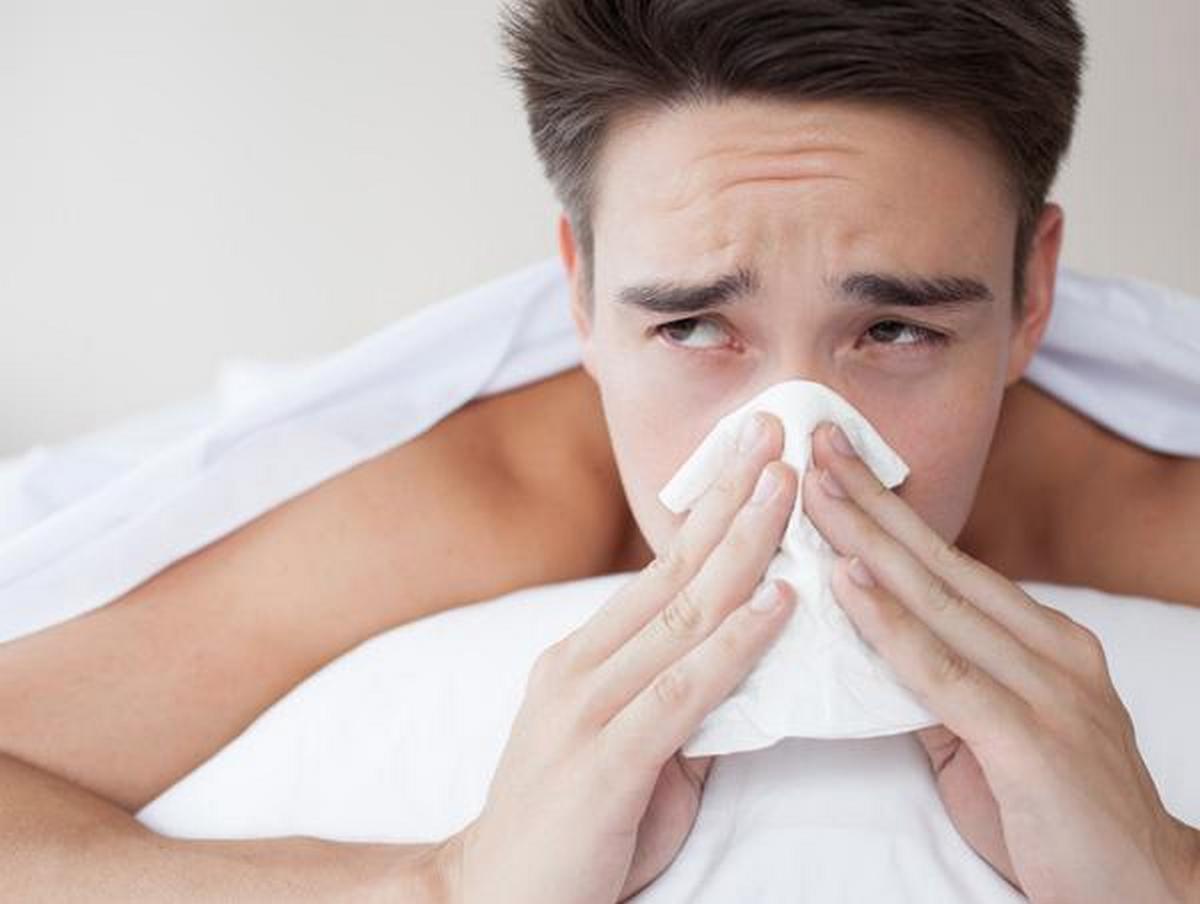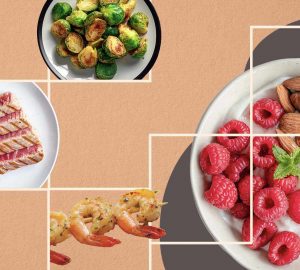Sinus pressure and pain caused by illness or airborne allergies is bad enough, but it can also be exacerbated by what you eat. If you know that a certain plant is blooming and you’re likely to suffer a sinus flare-up, take a good look at your plate. The foods you eat can help or hurt your sinus problems.
Dairy
If you love ice cream on hot days, the idea of giving up dairy may make you unhappy. However, there are studies that indicate that foods high in milk products can lead to increased amounts of sinus and respiratory mucous.
Be ready to get scientific about this. For those with a history of sinus flare-ups tied to seasonal allergies, watch the plants in your area and watch the weather. Two weeks before your particular allergen is about to bloom, cut back on your dairy intake. Carefully monitor your reaction to the seasonal bloom to see if you can get some relief from sinus pressure and pain by altering your diet around your most severe allergy triggering time.
Make sure to keep up your calcium intake. Increase your consumption of kale and broccoli and look for calcium-fortified products such as orange juice.
Caffeine
Excess caffeine can increase your chance of mucus build-up. If your coffee habit is a strong one, you may need to wean yourself off the product. Wind this down before your traditionally timed flare-ups.
For example, some people suffer from a sinus flare-up as soon as the air conditioning is turned on. As the spring heats up, cut back on your coffee or add decaf to your brew so that by the time the AC gets turned on, your caffeine intake is at least lowered. Monitor your reaction to the AC and note the severity of the flare-up. Add a bit of chocolate and, again, monitor yourself. Try a cup of coffee. If either of these trigger a reaction, caffeine could be making your sinus problems worse.
Soy
Soy is becoming endemic in our foods. If your sinus problems are fairly constant, exposure to soy could be the problem. For those who’ve already given up dairy and are still suffering, consider switching from soy milk to almond or cashew.
Take care to fully review food labels for soy and the level of concentration of the product. The higher in the listing you find the word “soy”, the higher the concentration.
Carbs
Refined sugars, including high-fructose corn syrup, are also prone to generating mucous and increasing inflammation. If you’re prone to bacterial infections because your sinuses don’t drain well, refined sugars produce a double-whammy effect on your sinus problems. To successfully reduce this risk, avoid refined sugars. Try to use natural sugars and fruits to satisfy your sweet tooth.
White flour products can also increase your risk of sinus flare-up. However, if you can swap rice for millet and skip the pasta but enjoy the quinoa, you can move away from white flour foods pretty easily.
Spicy Foods
There are many that believe that spicy foods will clear your sinuses. This is not really accurate. What spicy foods do is promote the production of mucous, often thin, runny mucus. If you are struggling with drainage failure because of inflammation, the addition of more mucous may actually make your sinus pressure worse.
However, if you know you’ve had relief from spicy food before, dose with care. If the hot stuff makes you cough and sweat a little, but you don’t need to blow your nose, your sinuses may not be draining well. If, however, hot foods give you a tickle at the back of your throat, the mucus is dripping back instead of forward. Keep enjoying your spices and make sure you have tomato soup or orange juice the next day. Sinus mucous in your stomach can lead to digestive problems; a bit of acid in your food can bring things back in balance.
Alcohol
If you’ve been following this list and are trying to give up coffee, the idea of giving up wine, beer, or your favorite cocktail may not be welcome. However, alcohol does boost your mucus production and can make your sinus inflammation worse.
Take care, during a flare-up, to avoid beer in particular. Any beverage that is made of grain may contribute more to your sinus pain and pressure. If you must have a cocktail, enjoy a glass of white wine, or have a white wine spritzer to reduce the alcoholic content of the drink.
Tomatoes
Curiously, tomatoes can cause quite a histamine reaction. Instead, increase your intake of citrus fruits. Also, avoid any foods that are high in saturated fats. Processed foods that are high in white flour, dairy, sodium, and tomato, such as pizza, are likely to generate a severe sinus flare-up.
Before you start eliminating any foods, start a food diary, and track how you feel for the first week. Then, cut out something that’s easy. Monitor your reaction, and note it in your food diary. If you feel better, leave the food out. If it makes no difference, introduce it again to be sure, then cut out something else. Bring your food diary to your appointment with New Jersey’s top sinus specialist at Becker ENT & Allergy for a consultation.
Once you have a food diary started, carefully review how you’re feeling after each meal. If you have something from the forbidden list, compare your reaction the next day to the days when you were able to avoid forbidden foods. Of course, the key is not to avoid forbidden foods. It’s to figure out your triggers, determine what exacerbates your condition, and avoid certain foods and points in the year when you’re most vulnerable to a flare-up. Armed with this knowledge, and with the help of a quality sinus specialist, you can get a handle on your own health.








